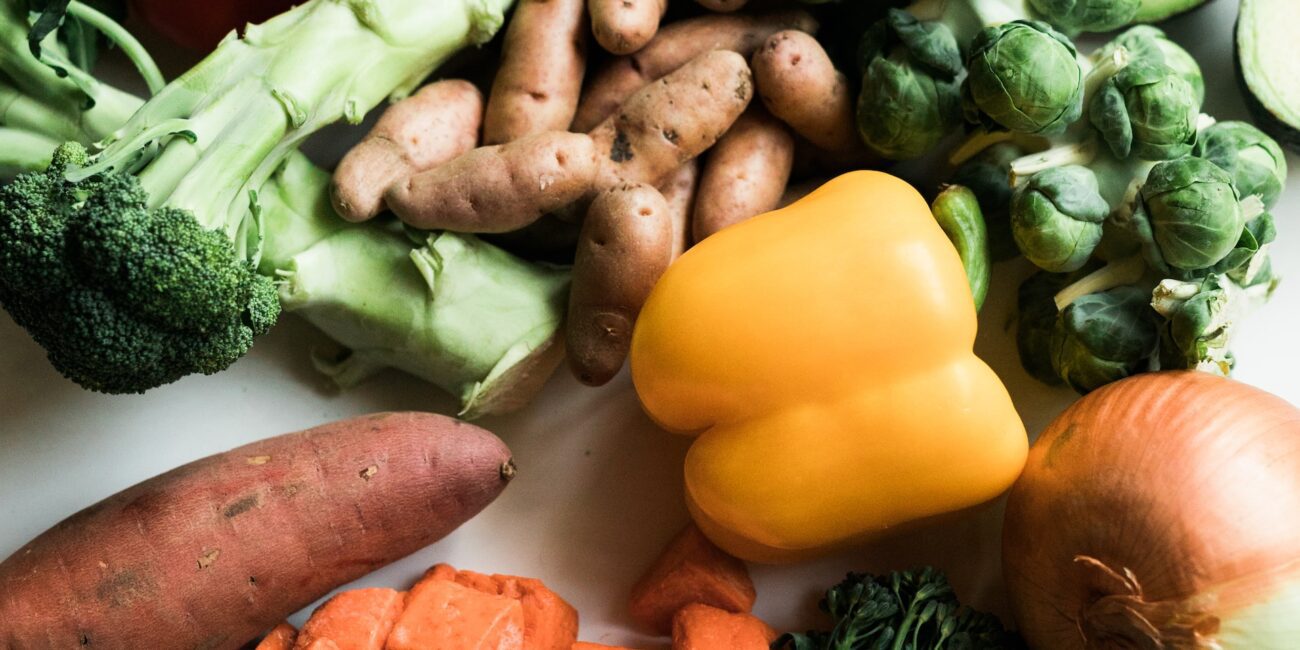Unlocking the Power of Plant-Based Protein: A Comprehensive Guide for Vegetarians and Vegans
Protein stands as a cornerstone macronutrient, wielding immense influence over the body’s growth, repair processes, and maintenance of vital tissues, enzymes, hormones, and immune functions. This holds for individuals adhering to vegetarian or vegan diets, making it imperative to comprehend protein requirements and ensure optimal intake for sustained well-being. In this article, we delve into the intricacies of protein needs for vegetarians and vegans, considering various factors that shape individual dietary requirements.
Factors Influencing Protein Requirements
Understanding the protein needs of an individual involves a consideration of several key factors. Age, sex, weight, physical activity levels, and overall health collectively influence the required protein intake. Given the potential variation in amino acid profiles between plant-based and animal-based options, the quality of protein sources also becomes crucial for those following plant-based diets.
Recommended Dietary Allowance (RDA) for Protein
The Recommended Dietary Allowance (RDA) serves as the benchmark, indicating the amount of protein necessary to meet the nutritional requirements of the majority of healthy individuals within specific age and sex groups. Tailoring protein intake based on age and sex, the following are the general RDA values:
– Adults
The RDA for adults is set at 0.8 grams of protein per kilogram of body weight per day. For example, a sedentary adult weighing 70 kilograms should aim for approximately 56 grams of protein daily.
– Athletes or Highly Active Individuals
Individuals engaging in regular, intense physical activity or endurance exercises may require slightly elevated protein intake. Recommendations for athletes vary from 1.2 to 2.0 grams of protein per kilogram of body weight per day, contingent on the type, duration, and intensity of the exercise.
– Pregnant and Lactating Women
Protein needs escalate during pregnancy and lactation to support fetal growth, milk production, and tissue repair. Pregnant women are advised to consume an additional 25 grams of protein per day while lactating women require an extra 20 grams of protein daily.
Protein Quality and Complementary Amino Acids
The quality of protein refers to the presence and balance of essential amino acids within a food source. Animal-based proteins, encompassing meat, poultry, fish, dairy, and eggs, are acknowledged as high-quality or complete proteins as they provide all nine essential amino acids that the body cannot produce autonomously. In contrast, plant-based protein sources may lack one or more essential amino acids, rendering them incomplete proteins.
To ensure a comprehensive intake of essential amino acids, vegetarians and vegans should prioritize consuming a diverse range of plant-based protein sources. Additionally, combining complementary protein sources within meals becomes crucial. For instance, pairing legumes (e.g., beans, lentils) with whole grains (e.g., rice, quinoa) or combining legumes with nuts and seeds can create a complete amino acid profile.
Meeting Protein Needs on a Vegetarian or Vegan Diet
Achieving optimal protein intake on a vegetarian or vegan diet necessitates meticulous planning and a focus on protein-rich plant-based foods. Here are some strategies to ensure adequate protein consumption:
– Include a Variety of Protein-Rich Foods
Diversify your diet by incorporating an array of plant-based protein sources such as legumes, tofu, tempeh, seitan, edamame, quinoa, whole grains, nuts, and seeds. Experimenting with different recipes and cuisines can broaden your protein sources.
– Pay Attention to Portion Sizes
Be mindful of portion sizes to guarantee sufficient protein intake. Employ measuring cups or a food scale, especially for nuts, seeds, and grains.
– Optimize Protein Absorption
Enhance protein absorption by consuming vitamin C-rich foods (e.g., citrus fruits, bell peppers, broccoli) alongside plant-based protein sources. Vitamin C facilitates the conversion of plant-based iron into a more absorbable form, supporting overall iron status.
– Consider Protein Supplements
In instances where meeting protein needs through food alone proves challenging, protein supplements like pea protein, soy protein, or rice protein powders can offer a convenient solution. However, prioritizing whole food sources is advisable whenever feasible.
– Consult a Registered Dietitian
For those with specific dietary concerns or following a restrictive vegetarian or vegan diet, consulting a registered dietitian is invaluable. They can provide personalized guidance, assess protein needs, recommend suitable food choices, and address potential nutrient gaps.
In Conclusion: Nourishing the Plant-Powered Way
So, here we are, at the final curtain call of our protein-packed journey for the plant-loving warriors – the vegetarians and vegans. The verdict is: meeting your protein needs without a steak in sight? Doable.
Diverse Delights: It’s all about the plant-based buffet – beans, lentils, tofu, nuts, seeds, veggies, and more. A symphony of flavors and nutrients to satisfy your protein cravings.
Quality Matters: Don’t just settle; aim for the stars. Consider protein quality, think of complementary amino acids, and craft a menu that’s not just protein-packed but a nutrient powerhouse.
Tailoring to You: One size does not fit all. Customize your protein approach. Listen to your body, consider your preferences, and make choices that keep you thriving.
Health Unleashed: Optimal protein isn’t just a checkbox; it’s the key to a vibrant, healthy life. From muscle power to immune resilience, plant proteins have your back.
So, to all the plant enthusiasts out there, keep savoring those plant-powered delights. Your well-being, the planet, and a compassionate dining choice – it’s a triple win. Embrace the green, embrace the protein, and let your plant-powered journey continue to flourish. Here’s to a life thriving on the goodness of plant-based protein – nourishing you, sustaining the planet, and making every bite a celebration of health!



